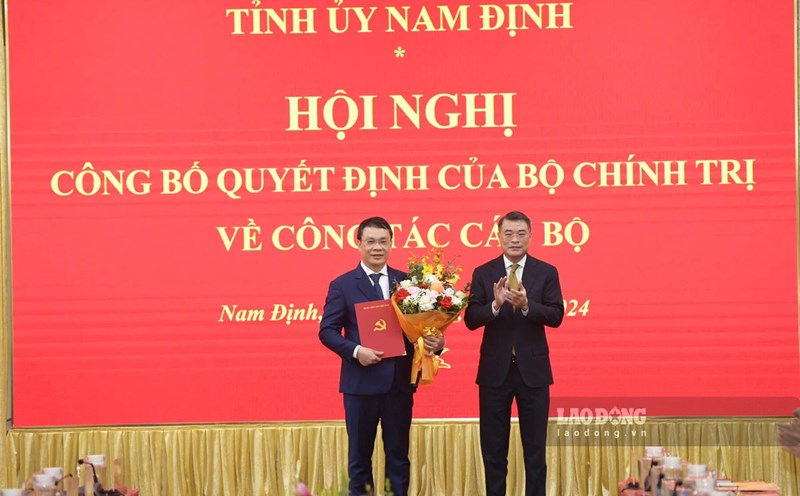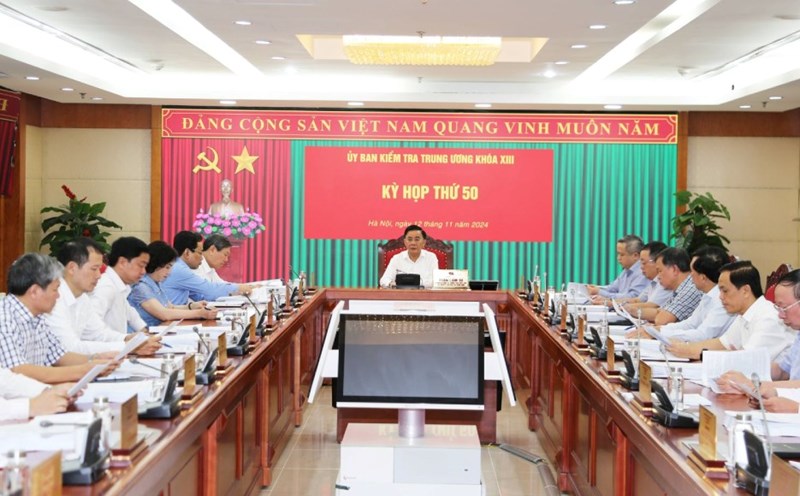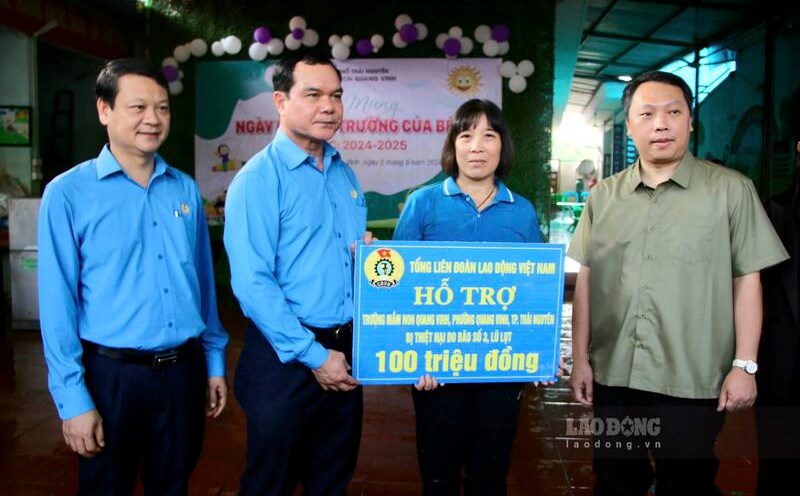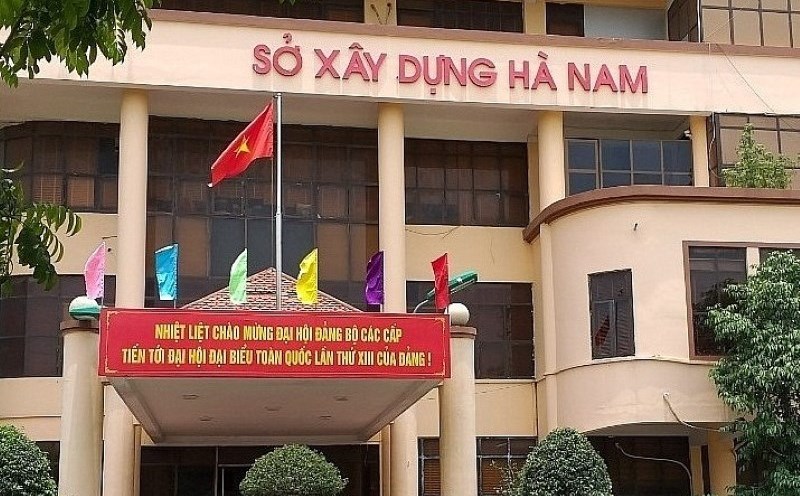A week ago, Netflix announced that three Korean dramas, “Queen of Tears,” “Parasite: The Gray Zone,” and “My Demon Boy,” made it into the platform’s top 10 non-English shows in the first half of this year.
According to cultural critic Jung Duk Hyun, the success of the above films is thanks to the talented creators behind them.
With “Queen of Tears”, the film was written by Park Ji Eun - a famous screenwriter of hit films such as “My Love from the Star” and “Crash Landing on You”.
While “Parasite: Gray Zone” is directed by Yeon Sang Ho - famous for the movie “Train to Busan”, “My Devil” has the participation of Song Kang - a very popular actor in Netflix dramas.
According to Jung Duk Hyun, this also shows a change in the Korean drama market, shifting from dark content like “The Squid Game” to the strength of romantic comedies to attract Asian audiences.
Meanwhile, cultural critic Kim Hern Sik believes that although there have been no new Korean blockbusters that have created a global impact like “Parasite” or “The Squid Game,” mid-range hit dramas are still thriving, especially in non-English speaking markets, including Asia.

For example, the romantic comedy “Cong Anh Ma Ran”, despite being produced on a low budget, still swept many OTT (online streaming) charts in more than 130 countries and territories.
“Asian audiences tend to enjoy stories that revolve around a deeper morality tale, where good and evil are not simply black and white. All three works that made it to Netflix’s rankings have this characteristic.
This emphasis on humanism and community resonates with non-English-speaking audiences. Western audiences, on the other hand, often prefer more competitive stories, like “Physical 100,” Kim Hern-sik told The Korea Times.
Critics say the Korean content industry has been too focused on the Western market in recent years, neglecting its strengths in Asia. Dramas like “The 8 Show” and “Queen Woo,” despite being well-funded, have not been popular or suited to Western tastes.

“Therefore, prioritizing Asian audiences and creating works that are ethical and humanistic should be promoted at this time. Although the short-term benefits may be uncertain, the long-term potential of Korean content in non-English speaking markets is huge,” said Kim Hern Sik.











